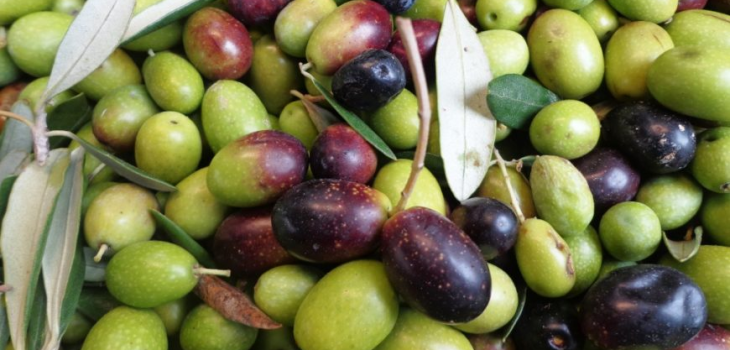Yield or productivity: what is useful to pay attention to
Every year, during the olive harvest, there are questions in mills about what the oil yield might be. But exactly what is the yield? It is a percentage index of productivity, intended to indicate how many liters of oil were produced from 100kg of olives.
What does the yield depend on?
Yield is closely related to the oil extraction process and depends fundamentally on the quality of the olives, the climatic conditions that have occurred over the course of the year, ripeness, and the particular characteristics of the mill at which processing takes place. If on productivity the farmer can try to intervene at several times, on yield the only period of intervention is the pressing period.
The olive tree is a millennial plant and lives in very strong fusion with the territory, from which it learns a sort of "genetic code" of reference. At the slightest change in the microclimate, or its habitat, the properties of the oil also vary, causing a swing in the quality curve, from one year to the next.
The right premises for a better yield
The period and mode of harvesting also greatly affect the final product. In fact, the harvesting period is not unique for all olives, but varies according to the type of olive (September/November for early, December/January for late) and weather conditions. Special attention should also be given to the veraison, or coloring process, of the olives, which must be green to purple to obtain a quality oil, rich in polyphenols and with a distinctly fruity taste.
The presence of any stone fractions in the oil paste is crucial since they promote "beaching," or the separation in centrifugation of the liquid part from the solid, since they in the same way as sand on a beach, drain some of the water in the mixture.
Procedures, positive for yield but negative for quality, such as maintaining storage for longer periods of time, which generally results in a loss of moisture and quality but a concomitant increase in yield, have not been considered here, since Oleificio Lovascio is always careful to obtain the maximum yield from its olives while offering a superior quality product.

